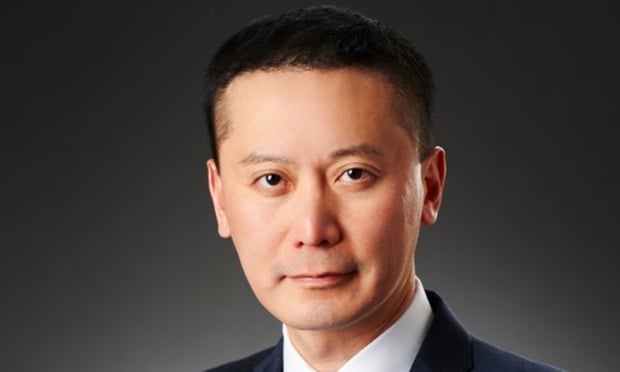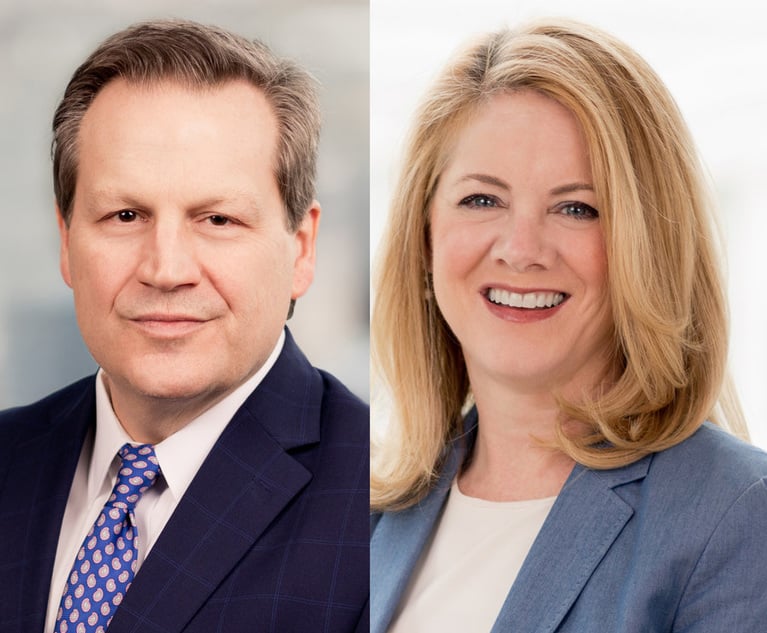In a recent hearing, opposing counsel objected to the testimony of my expert witness (after he had already been qualified as an expert in forensic accounting) because his testimony involved a specific area of industry for which he was not admitted as an expert. It seemed counsel believed (or pretended to believe) an expert in forensic accounting could only testify about forensic accounting. I pointed out to the judge that the witness had explained that, as a forensic accountant, he had to learn about the different industry practices he was hired to assess, and therefore had requisite knowledge to form an opinion on the matter. That is, forensic accountants learn the standards and practices of a particular industry in which they were hired to provide their services, which is no different from litigators learning the industry of their clients. Opposing counsel also objected because some of the documents that the expert witness used to form his opinion had not yet been authenticated or admitted into evidence. My witness explained that his method and the sources he used when conducting research for his expert report, which summarized his opinion, were commonly used by other forensic accountants.
Over both of counsel’s objections, the judge allowed the witness to continue with his testimony, in accordance with Pennsylvania Rules of Evidence 702 and 703 and the general acceptance test. This scenario raises the question: what materials can an expert witness rely on in Pennsylvania courts, which follows the Frye standard? And has this changed in recent years? This column explores these two questions, along with other important distinctions between federal court practice (which follows the Daubert standard) and Pennsylvania state court practice.


 Edward T. Kang, Kang Haggerty & Fetbroyt
Edward T. Kang, Kang Haggerty & Fetbroyt




